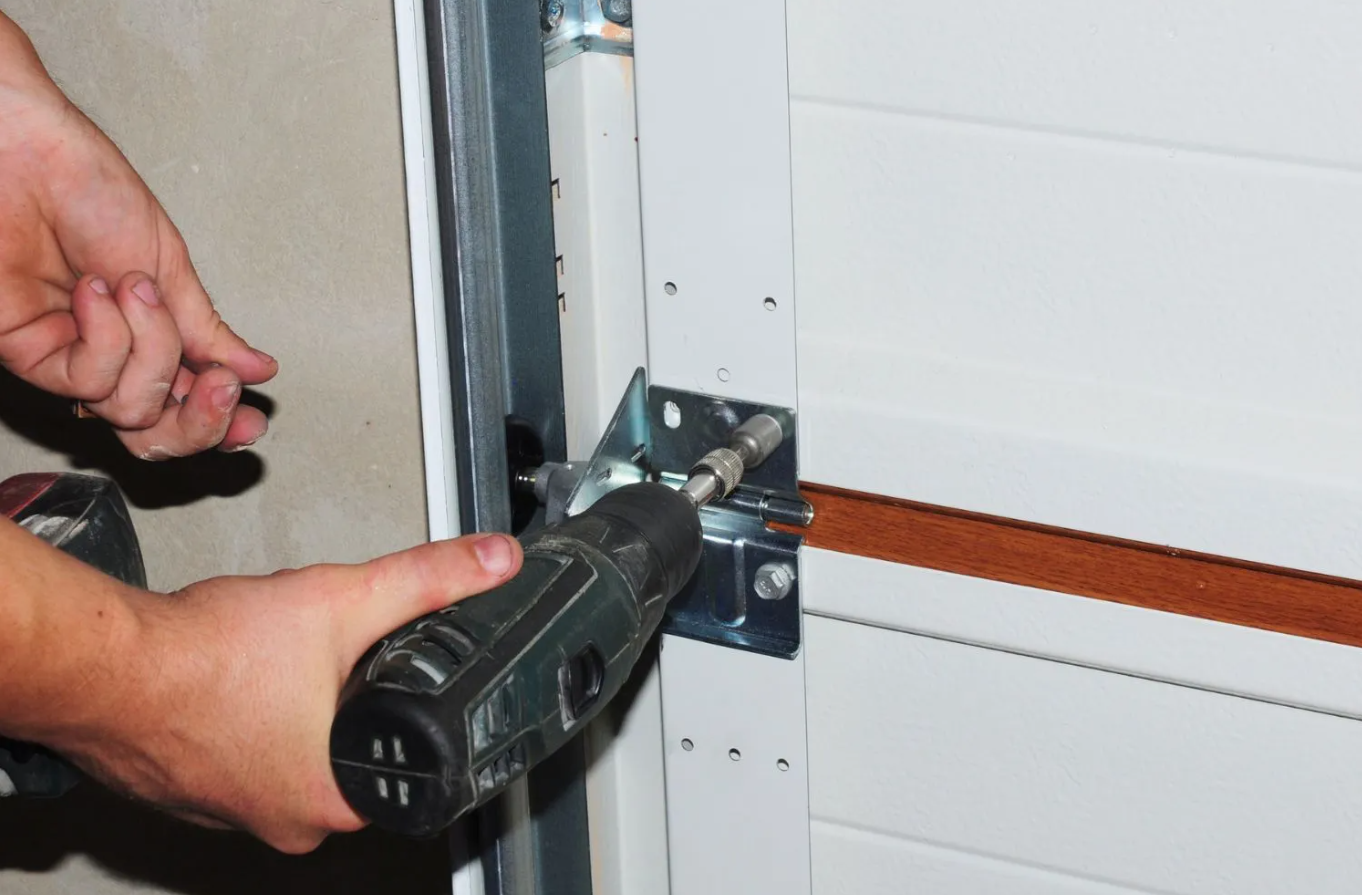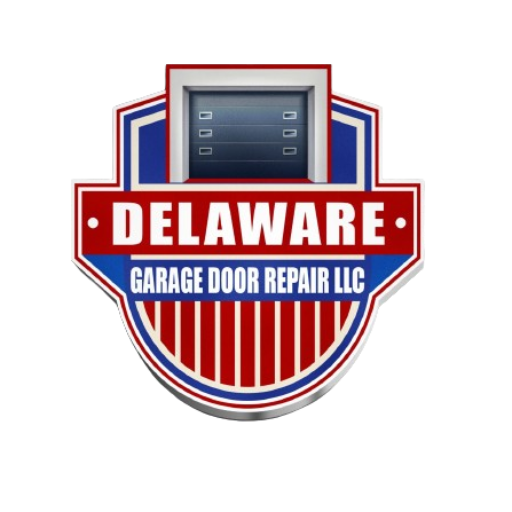
Is Your Noisy Garage Door Driving You Crazy?
A garage door isn’t just an entryway—it’s a part of your home’s routine. But when it turns into a daily symphony of screeches, bangs, and squeaks, it can quickly become an aggravating problem. A noisy garage door isn’t just hard on your ears; it can disrupt your peace, annoy the neighbors, and indicate an underlying issue that needs attention. The good news? Most noise-related problems are fixable with a little know-how. Here’s how to identify the culprits and bring back the quiet.
Common Culprits Behind a Noisy Garage Door
Lack of Lubrication
Insufficient lubrication is one of the most common causes of a noisy garage door. The constant movement of rollers, hinges, and springs creates friction, leading to grinding and squealing sounds. Regular lubrication helps minimize this friction and keeps your door operating smoothly. To fix this, apply a silicone-based lubricant to all moving parts every couple of months. Avoid greasy products, as they can attract dirt and debris.
Loose Hardware
Over time, the nuts, bolts, and screws holding your garage door together can loosen with use. When this happens, the vibrations from the moving door create rattling and clunking noises. Regularly inspect the hardware and tighten any loose components with a wrench. Be sure to take safety precautions—especially if you’re working near high-tension components like springs.
Worn Rollers and Hinges
If you’re hearing grinding or squealing, worn-out rollers and hinges might be the culprit. Rollers that are damaged or old can stick and create noise as they struggle against the door’s tracks. Hinges, on the other hand, can become misaligned or lose their smooth motion over time. Replacing these parts every few years not only quiets the noise but can extend the lifespan of your garage door as well.
DIY Troubleshooting Tips for a Quieter Garage Door
Lubricate Moving Parts
A quick and effective fix for reducing noise is lubricating the garage door’s moving components:
- Step 1: Start by cleaning the rollers, hinges, and tracks with a dry cloth to remove dirt.
- Step 2: Apply a silicone-based lubricant evenly to these parts. Avoid over-spraying; a little goes a long way.
- Step 3: Open and close the door a few times to ensure the lubricant is distributed evenly.
Tighten Loose Hardware
To eliminate rattling sounds:
- Inspect all bolts and screws that secure the tracks to the walls and ceiling.
- Use a wrench to tighten any loose nuts or bolts.
- Avoid overtightening, as this can strip the screws or damage the tracks.
Inspect and Replace Worn Parts
Check for visible signs of wear on rollers, hinges, and cables:
- If rollers look cracked or worn, replace them with nylon ones for quieter operation.
- Hinges showing excess rust or misalignment may also need replacement.
- Consider consulting your garage door’s manual or reaching out to a professional for part recommendations.
When to Call a Professional
Complex Repairs
While some fixes are simple, others are best left to experts. If the noise is due to high-tension springs or misaligned tracks, avoid DIY efforts. These components can be dangerous to handle without the right training or tools.
Persistent Noise Issues
If your garage door remains noisy despite your best efforts, it’s time to call in the pros. A professional will diagnose the issue and suggest long-term solutions to ensure your door operates smoothly and quietly.
Peace of Mind with Professional Care
A noisy garage door doesn’t have to be part of your daily routine. By addressing the problem early with simple maintenance or expert help, you can restore the peace and quiet to your home. For reliable and professional garage door repairs, trust the experts at Delaware Garage Door Repair. Contact them today to keep your garage door running smoothly!
